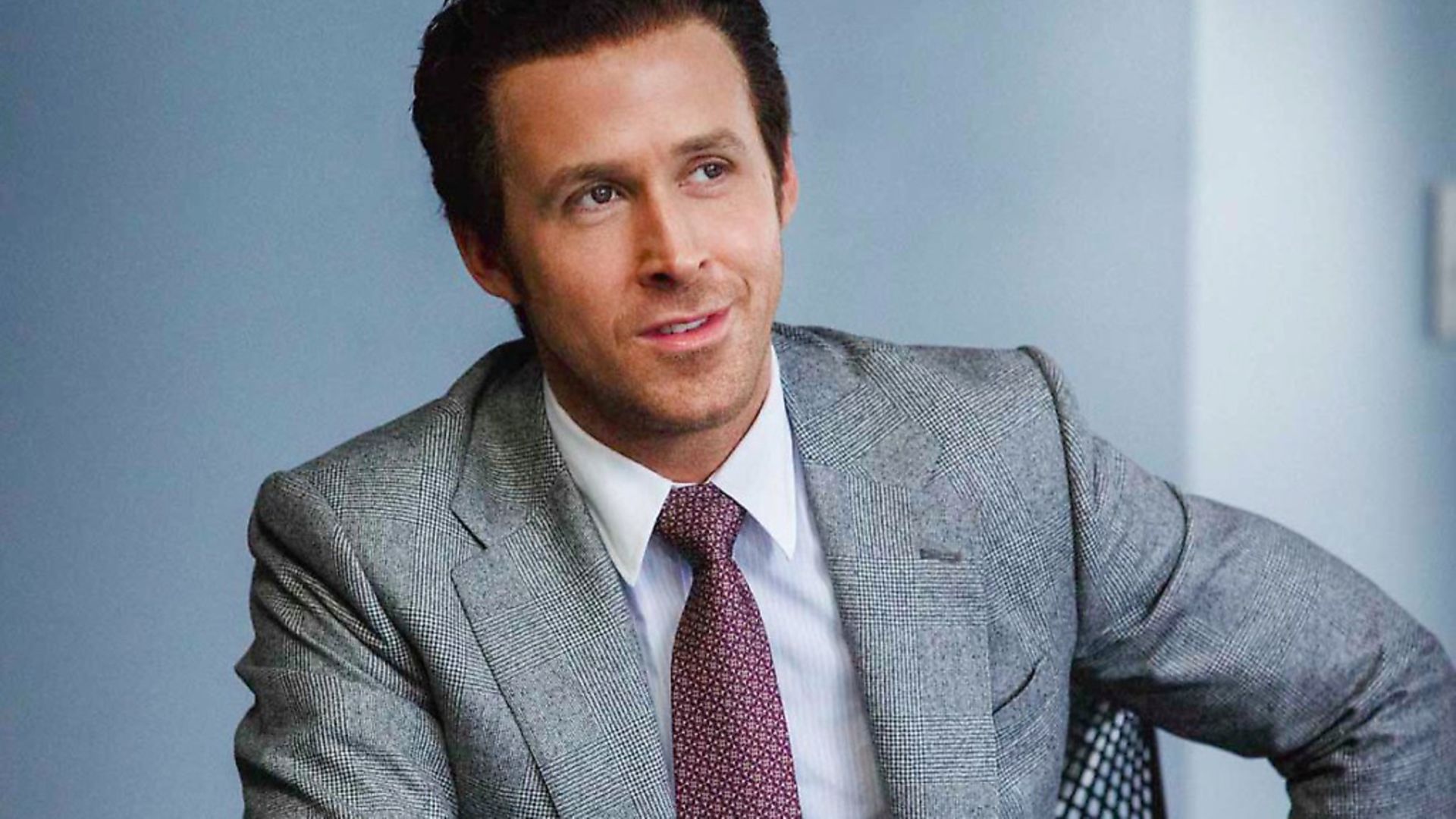
Mitch Benn provides a handy guide on how to tackle the most common arguments supporting Brexit.
Last week, you may remember, I promised to enumerate some of the most frequently trotted-out arguments in favour of Brexit and against a final deal vote, along with some handy responses, should you wish to, in rhetorical terms, ‘take it outside’. Let’s start with some easy ones:
‘Why don’t you respect democracy?’
We do respect democracy, we just know what it is. It’s a mechanism for determining the most popular course of action. Not the right course, just the most popular. And the democratic principle holds that the most popular course, should, wherever possible, be followed.
But that ‘wherever possible’ is important. If something can’t be done, it can’t be done, even if 52% of people vote for it.
Even if 100% of people vote for it. We could take a vote on whether we should all be able to retire at 50 on £100,000 a year; even if that were passed (and it probably would), we couldn’t actually do it.
Now we can leave the EU, just not in anything like the way we were told we would. The Leave campaigns promised that which could not be delivered, and we cannot be bound by our side of a deal that’s already been broken.
So there’s a question the Leavers need to answer: do they believe that after all that’s happened since June 2016, that there’s still a majority in favour of leaving?
Because if there is, a final deal vote would just reaffirm this. But if that’s not the case; if they believe a majority now wish to remain… why don’t they respect democracy?
‘If we have a second vote what’s to stop the Leave side demanding a third? Or a fourth? Or just infinite votes forever?’
A ‘second vote’ might cause that kind of infinite feedback loop, but a vote on the final deal would not be a ‘second vote’. It would be the first vote on the final deal, which has never been put to a vote (we don’t even know what it is yet).
‘Brexit means Brexit’
Unfortunately, since ‘Brexit’ is a neologism barely three years old, and since thus far nobody has managed to clarify exactly what it does mean (see above), that statement is about as meaningful as ‘arglefoob means arglefoob’.
But if you mean ‘leave means leave’; again, leave what? And by what means?
On Twitter this week, the same Owen Paterson MP, who in November 2016 said that ‘only a madman’ would contemplate leaving the single market, was waxing excitedly about the wonderful business opportunities a no-deal Brexit would bring. Many of his fellow Brexiters have undergone similar epiphanies. Even those who sold us Leave have radically changed their minds about what Leave means, so how can anyone else claim to know? (NB. This response also works for ‘the people knew what they were voting for…’)
‘Why do you think we can’t thrive outside the EU? Look at all those countries who aren’t in the EU! They’re just fine!’
See, what you’ve done there is the equivalent of standing on a high roof and saying ‘It’ll be fine if I jump off; look, those people are on the ground already and they’re okay…’
It’s not that we can’t exist outside the EU; it’s that the process of getting us out of the EU is going to cause a huge amount of damage, in return for no benefits that anyone has ever managed to define except in the purely abstract… ‘Sovereignty!’ ‘Control!’. Yeah, best of luck trying to eat sovereignty or treat your cancer with ‘control’.
‘But immigrants!’
We need immigrants. The country doesn’t function without them. We make more money out of them than they make out of us. And I’m not talking about fruit pickers now; we haven’t been able to train up enough British medical personnel to staff the NHS fully at any point since its inception. And don’t give me ‘we’ll train our own doctors!’ Even if we could persuade enough high-achieving school leavers to start medical degrees now (which we couldn’t), that’s seven years before any of them qualify even as junior residents.
Finally, there are myriad variations upon the theme of ‘It’s all going to be okay! This is Britain. Even if things are a bit tough for a while, we’ve been through worse. Stop panicking, Mr Project Fear!’
This week I finally got round to watching The Big Short, the excellent (and grimly funny) docu-drama about the 2008 financial crash and how the very few bankers who saw it coming managed to get extremely rich in the process, even if they did regret it afterwards (apart from the one played by a brilliantly smug Ryan Gosling).
While there’s maybe not a direct comparison to be drawn between the crash and Brexit, one parallel did strike me: Hardly anyone anticipated the 2008 crash because such a thing was unthinkable. It was unthinkable that the US (and, by extension, global) banking sector was not built on sound business practices and canny investment, but was rather teetering atop an enormous rickety pyramid of toxic mortgage debt.
It was unthinkable that the financial regulatory and journalistic establishments were choosing not to examine the situation because they had too much (literally) invested in everyone believing everything was okay.
It was unthinkable that when the housing bubble burst, it would lead not only to the downfall of venerable financial institutions, but to the collapse of whole national economies, destroying the livelihoods (and in many cases, lives) of millions of people. It was all unthinkable. Similarly, it’s unthinkable that Britain, the first of the first world nations, could, in the 21st century, run out of food and medicine. It’s unthinkable that our civic institutions could cease to function. It’s unthinkable that our economy could implode and our currency evaporate. It’s unthinkable that Ireland could descend back into civil war. It’s all unthinkable.
But, as we saw in 2008, ‘unthinkable’ and ‘impossible’ are not interchangeable concepts.










